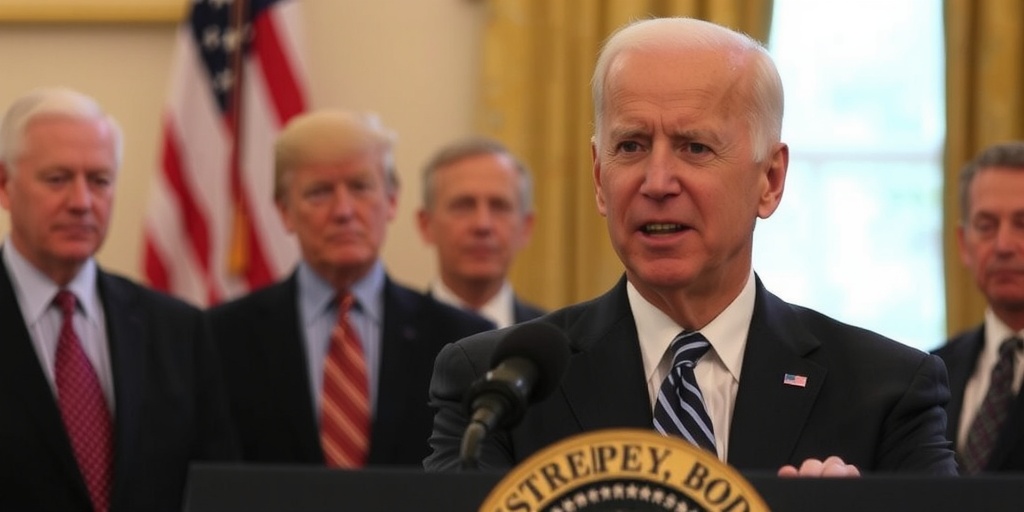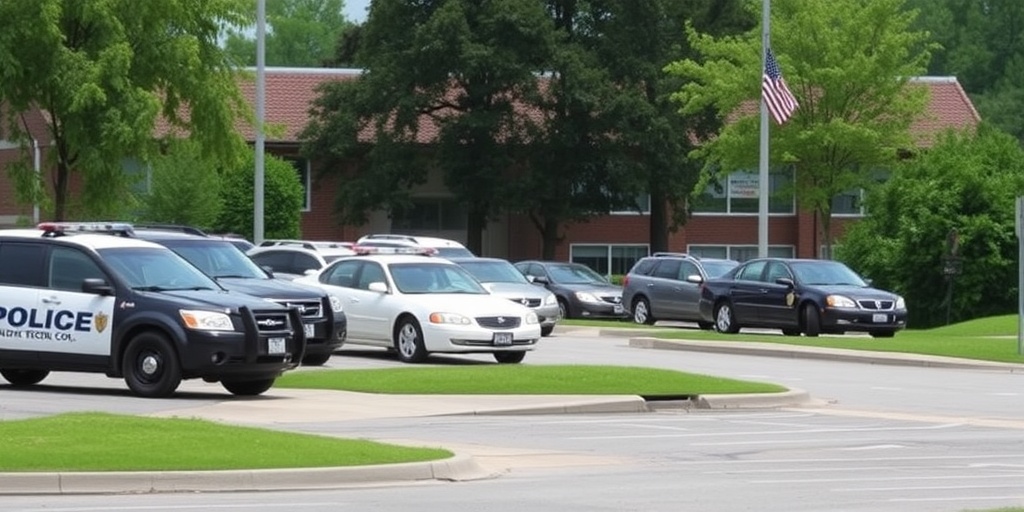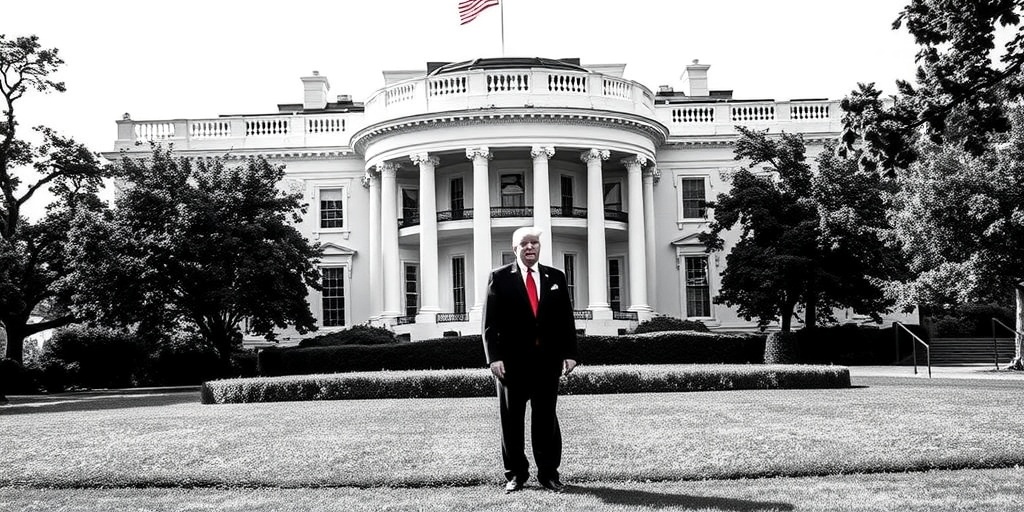Now Reading: How Biden’s Inner Circle Shielded a Struggling President
-
01
How Biden’s Inner Circle Shielded a Struggling President
How Biden’s Inner Circle Shielded a Struggling President

Biden’s Presidency: A Struggle Against Age and Perception
In the corridors of power surrounding President Joe Biden, a subtle but palpable awareness of an undeniable truth has settled: the man who once charmed the political landscape with vigor and charisma has begun to show signs of the aging process, which has stirred concern among those closest to him. Observers have noted a distinct shift in Biden’s demeanor, as he now navigates conversations more slowly, requires assistance rising from seats in the presidential limousine, and walks with an increasingly unsteady gait.
Mike Donilon, a veteran strategist and trusted advisor to Biden, emphasized this concern bluntly in mid-2022. "Your biggest issue is the perception of age," he told the president, a sentiment echoed among Biden’s close aides. This overt acknowledgment alarmed those who had long served under Biden, accustomed as they were to a leader who valued loyalty and candor but had seldom faced suggestions about his fitness for office.
The reality of Biden’s age—he is set to become 86 during a potential second term—has captured the attention of not only his inner circle but also the wider Democratic party. Amidst speculation about his capability to serve another term, Biden himself has indicated the possibility of decline, asking rhetorically, “Who knows what I’m going to be when I’m 86?” during a recent USA Today interview.
Despite reservations voiced by aides and Democratic loyalists about his age, Biden remained resolute in his decision to run for re-election in April 2023. His announcement came without the extended discussions one might expect from a seasoned political figure, further showcasing his fierce competitive nature. The implications of his candidacy have sparked significant disagreement among Democrats, who have wondered if a younger candidate could have reshaped the upcoming election landscape.
Biden’s family and political team have been proactive in mitigating the risks associated with his age. Reports have revealed that they regularly adjusted schedules to accommodate his mood and energy levels, opting to shield him from negative polling data that might impact his morale. Careful management of his public appearances has included ensuring he was always surrounded by aides as he moved through the White House, minimizing opportunities for awkward moments to be captured by the media.
In an effort to cope with the physical challenges presented by his age, Biden has relied on technology such as teleprompters even for brief speeches at private fundraisers. This approach has led to concerns among donors, who sometimes left events with lingering worries about Biden’s focus and energy. At several fundraising events, Biden’s speeches became so meandering that some supporters felt compelled to contact his aides, urging a return to a more coherent messaging strategy.
An internal assessment showed six key individuals within Biden’s circle—most notably his wife, Jill Biden, and son Hunter Biden—who were steadfast in their belief that he possessed the capability to win against Donald Trump. This small group also included aides like Mike Donilon and Steve Ricchetti, who painstakingly controlled Biden’s public appearances to divert attention from his age.
As the presidential campaign progressed, Biden faced a series of public missteps that amplified concerns. He mistakenly identified international leaders and misattributed actions related to significant global conflicts. Such lapses were further highlighted by unfortunate physical incidents, including a fall at the Air Force Academy commencement that left the president momentarily struggling to regain his footing while under the watchful eyes of television cameras.
As 2024 approached, the combination of personal fatigue and external pressures took a toll on Biden’s performance during the campaign. Not only was he dealing with the mounting pressures surrounding his son’s legal challenges, but he also found himself attempting to juggle the complicated political terrain surrounding foreign policy, notably with respect to Israel and Ukraine.
Witnesses to Biden’s recent public appearances noted signs of disorientation and fatigue. During a state dinner in France, attendees reported that he appeared lost and disengaged, culminating in discussions about whether he should be traveling so extensively given his age and energy levels.
Despite a grueling series of events leading to his anticipated presidential debate against Trump, Biden continued to assert his fitness for the role. Nevertheless, his performance during this debate left many supporters shocked by what they viewed as a "disastrous" showing, raising alarms about the viability of his candidacy.
The aftermath of the campaign’s strenuous demands culminated in Biden deciding to withdraw from the race just weeks later. In reflection, his allies expressed a deep-rooted understanding of the challenges posed by his advancing years, and the potential consequences that could materialize from the perception of weakness.
While Biden has consistently demonstrated a fierce determination to persist in his political endeavors, the reality of his age and physical condition has influenced both his public persona and the strategies employed by those in his inner circle. Ultimately, the presidency has proven to be both a testament to his enduring presence in American politics and a stark reminder of the inexorable passage of time. As Biden transitions from his role, the legacy he leaves will be intertwined with the ongoing conversation about age, capability, and the complexities of leadership in the face of personal decline.
Stay Informed With the Latest & Most Important News
Previous Post
Next Post
-
 01New technology breakthrough has everyone talking right now
01New technology breakthrough has everyone talking right now -
 02Unbelievable life hack everyone needs to try today
02Unbelievable life hack everyone needs to try today -
 03Fascinating discovery found buried deep beneath the ocean
03Fascinating discovery found buried deep beneath the ocean -
 04Man invents genius device that solves everyday problems
04Man invents genius device that solves everyday problems -
 05Shocking discovery that changes what we know forever
05Shocking discovery that changes what we know forever -
 06Internet goes wild over celebrity’s unexpected fashion choice
06Internet goes wild over celebrity’s unexpected fashion choice -
 07Rare animal sighting stuns scientists and wildlife lovers
07Rare animal sighting stuns scientists and wildlife lovers





















